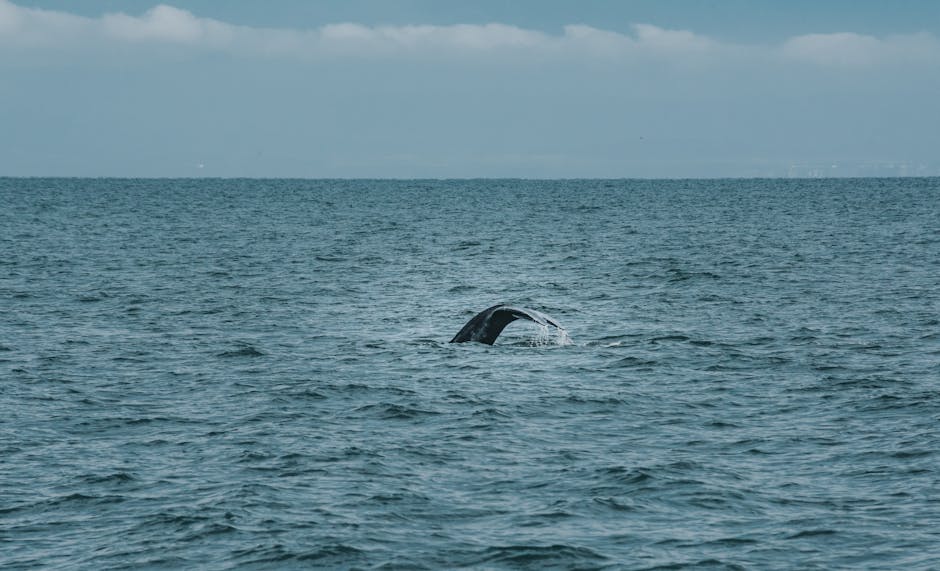A primary challenge stems from the sheer scale and complexity of marine ecosystems. The ocean’s vastness, coupled with its intricate web of interconnected species and habitats, renders comprehensive monitoring and management incredibly difficult. Tracking populations of highly mobile species, like tuna or sea turtles, across vast oceanic expanses necessitates advanced technologies and international collaboration, both of which are frequently lacking or underdeveloped in crucial areas. Similarly, understanding the complex cascading effects of environmental changes, such as ocean acidification or warming, on entire ecosystems requires sophisticated modeling techniques and long-term data collection efforts that are often hampered by funding limitations and logistical complexities.
Overfishing is arguably the most pervasive and damaging threat to marine biodiversity. Unsustainable fishing practices, driven by global demand and a lack of effective regulation in many areas, deplete fish stocks, disrupt food webs, and damage habitats. Bycatch the unintentional capture of non-target species contributes significantly to biodiversity loss, impacting populations of marine mammals, seabirds, and turtles. Combating overfishing requires a multi-pronged approach, including the implementation and enforcement of sustainable fishing quotas, the reduction of bycatch through improved fishing gear technologies, and the creation of effectively managed marine protected areas (MPAs). However, achieving these goals faces significant obstacles, including weak governance, illegal, unreported, and unregulated (IUU) fishing, and the economic pressures on fishing communities.
Pollution poses another substantial threat to marine ecosystems. Plastic pollution, in particular, has reached alarming levels, accumulating in massive garbage patches in the open ocean and endangering marine life through ingestion and entanglement. Chemical pollutants, including heavy metals, pesticides, and persistent organic pollutants, contaminate marine waters and accumulate in the tissues of marine organisms, leading to biomagnification and potentially harmful effects on human health through the consumption of seafood. Nutrient pollution, primarily from agricultural runoff and sewage, fuels harmful algal blooms that deplete oxygen in coastal waters, creating “dead zones” that suffocate marine life. Addressing pollution requires a global effort to reduce waste generation, improve waste management practices, and regulate the discharge of pollutants into the environment. This demands international cooperation and the implementation of stricter environmental regulations, both of which encounter resistance from various stakeholders.
Climate change exacerbates many existing threats to marine ecosystems. Rising ocean temperatures lead to coral bleaching, disrupting crucial coral reef ecosystems and the countless species they support. Ocean acidification, caused by the absorption of excess atmospheric carbon dioxide, hinders the ability of marine organisms, such as shellfish and corals, to build and maintain their shells and skeletons. Sea-level rise inundates coastal habitats, displacing species and reducing the availability of suitable breeding and foraging grounds. Mitigation of climate change requires global cooperation to reduce greenhouse gas emissions, a challenge compounded by political and economic factors. Adaptation strategies, such as restoring coastal habitats and assisting species migration, are also necessary but require significant resources and careful planning.
The cumulative impacts of these stressors significantly affect marine biodiversity, leading to habitat degradation, species extinctions, and disruptions to ecosystem services. Furthermore, the economic and social consequences are substantial. The decline of fish stocks threatens the livelihoods of millions of people who depend on fishing for their income and food security. Damage to coastal ecosystems, such as mangroves and seagrass beds, increases the vulnerability of coastal communities to storm surges and erosion. Protecting these vital ecosystems requires not only scientific understanding but also effective communication and engagement with local communities to ensure that conservation measures are equitable and sustainable.
The successful implementation of marine conservation strategies relies heavily on effective governance and international collaboration. Marine environments transcend national boundaries, requiring international agreements and coordinated management efforts to address transboundary issues like overfishing, pollution, and climate change. However, achieving such cooperation can be challenging due to differing national priorities, economic interests, and capacity limitations. Strengthening international institutions, promoting capacity building in developing countries, and fostering transparent and equitable governance frameworks are essential to overcome these obstacles.
In conclusion, the challenges facing marine conservation are multifaceted and deeply interconnected. Addressing them effectively requires a holistic approach that integrates scientific research, effective policy-making, international collaboration, and community engagement. By acknowledging the scale and complexity of these challenges, and by developing innovative and adaptive strategies, we can strive towards a more sustainable future for our oceans and the invaluable biodiversity they support. The future of marine conservation depends on our ability to overcome these hurdles through concerted, sustained action on a global scale.
